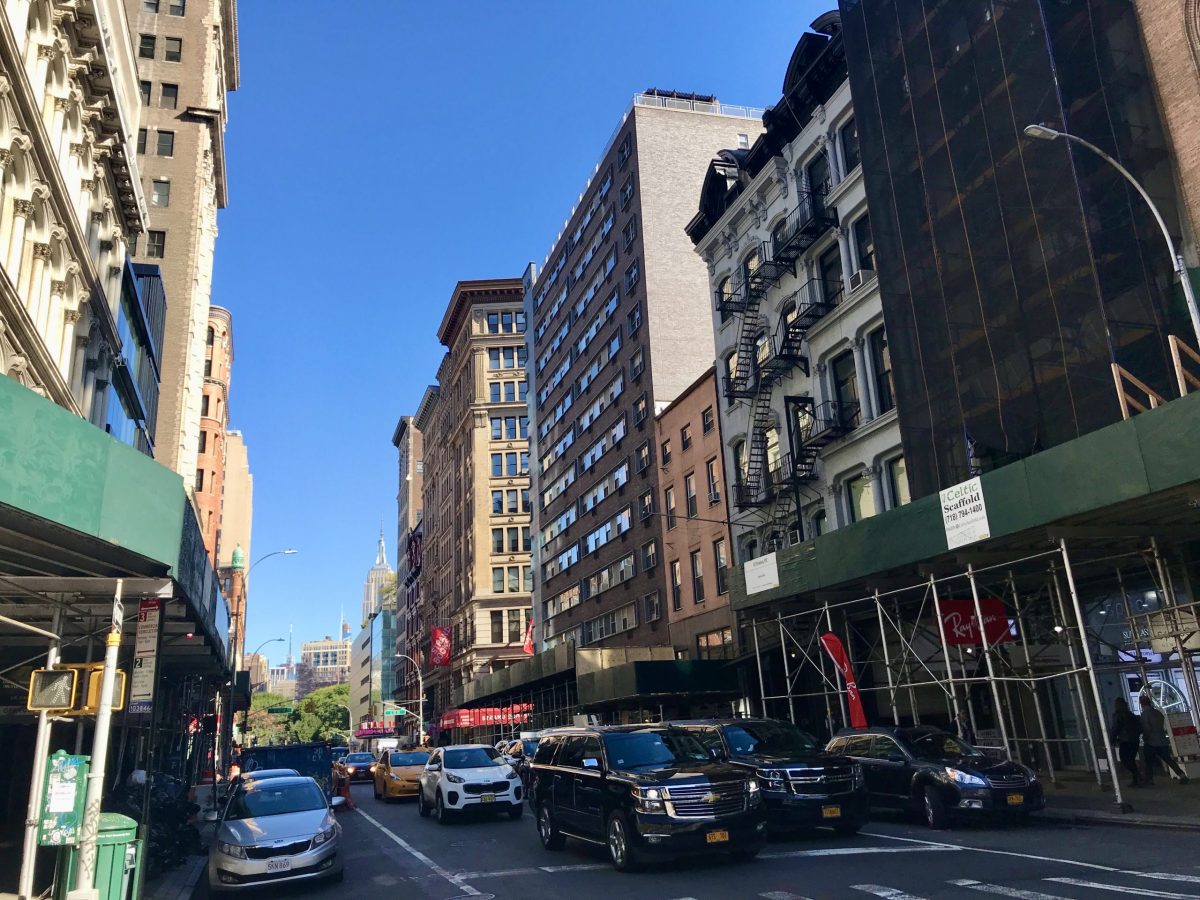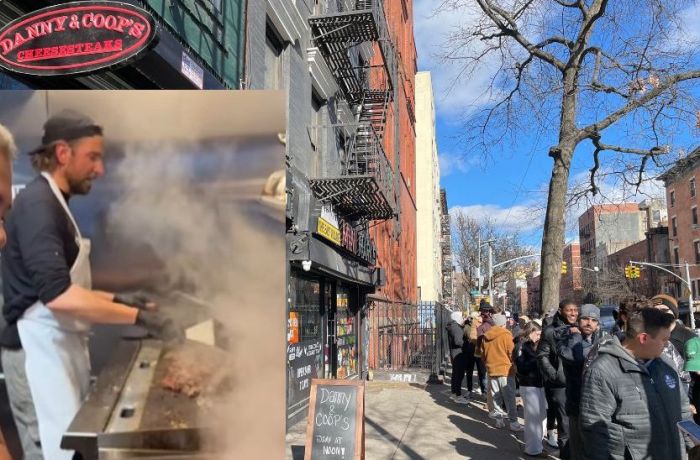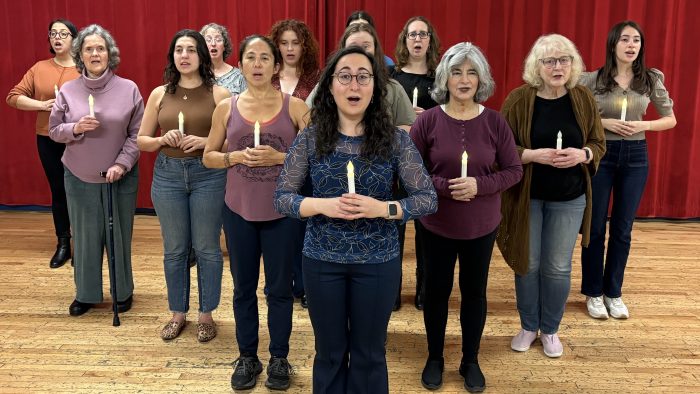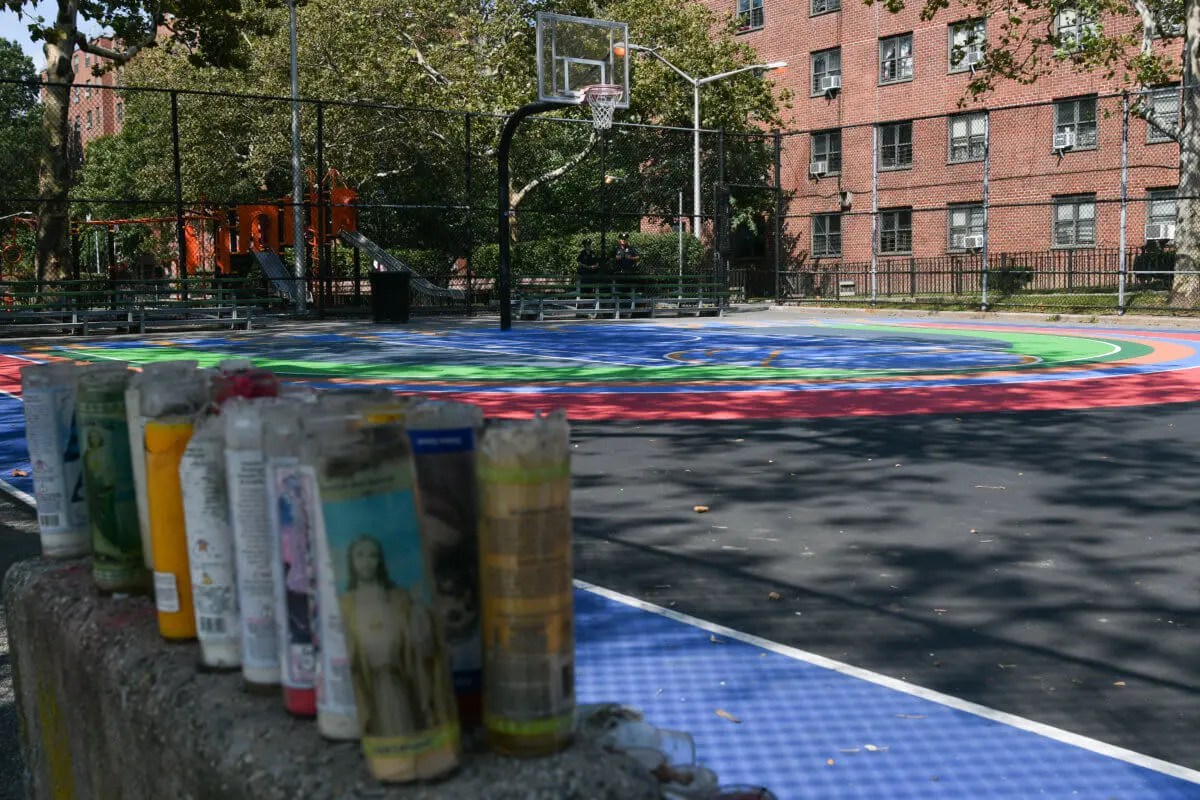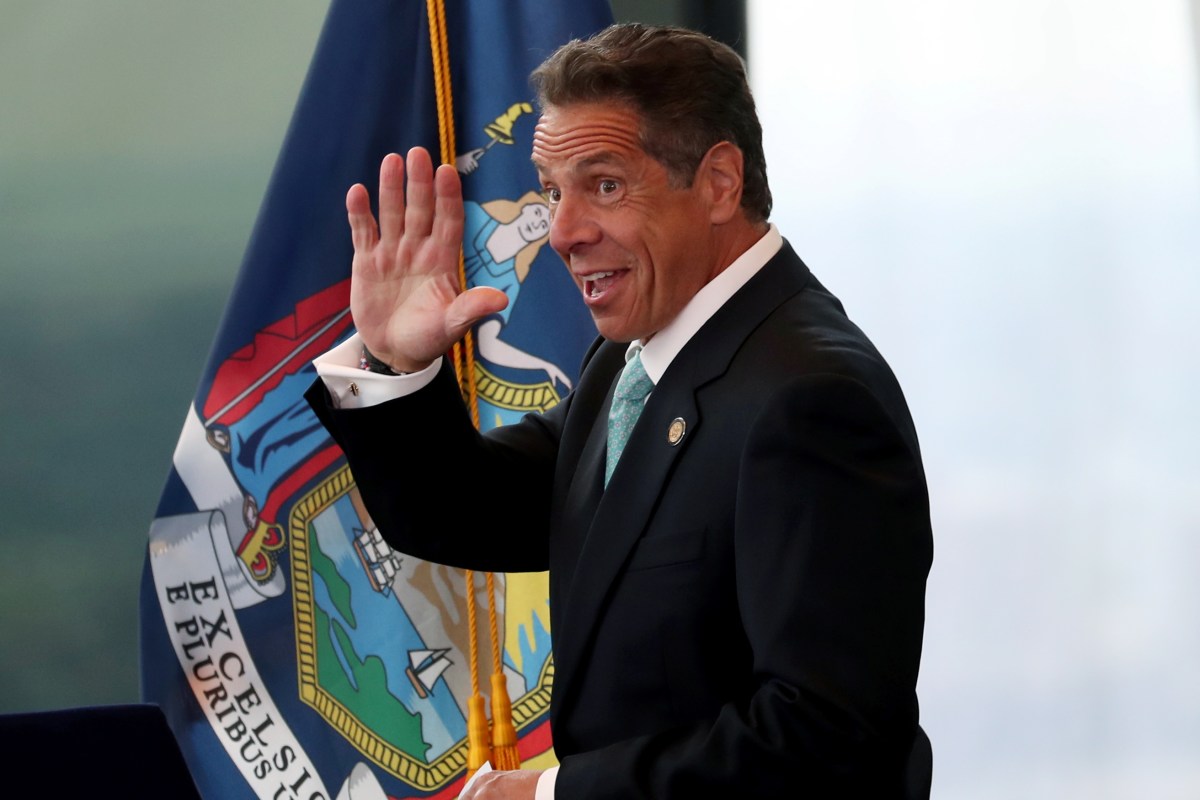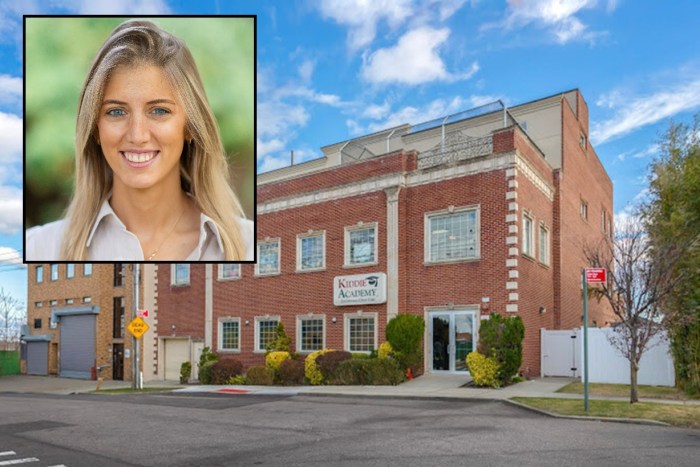As the city’s proposed plan to require special permits for hotels in an area just below Union Square continues its path through the ULURP (Uniform Land Use Review Procedure) process, there has been opposition from many local officials and residents, but advocates worry that it could still pass in the end.
The plan would require that new hotels in part of Greenwich Village and the East Village just below Union Square would have to obtain special permits, which would require approval from the City Planning Commission and the City Council.
In November, Community Boards 2 and 3 passed resolutions rejecting the plan, saying that it will still allow for other large development in the area. CB3’s resolution added the city had failed in its plan to recognize several historically significant buildings in the area, and called for downzoning the area from 9th Street to 14th Street between Third and Fourth Avenues.
In late January, Manhattan Borough President Gale Brewer also rejected the plan, and noted that she had received hundreds of emails from concerned residents about potential commercial expansion in the area.
“It does not provide any protection to the existing residential stock, of which a significant amount is rent regulated,” Brewer wrote in her Jan. 21 recommendation on the ULURP application. “While hotel development would be restricted, other commercial development would not be subject to additional regulation. DCP’s [Department of City Planning] own environmental analysis concludes that office buildings in lieu of hotels would likely result on sites they have identified as underbuilt if this land use action is approved.”
Brewer recommended additional zoning measures to address concerns about more commercial development, and for the Landmarks Preservation Commission to work with the community to identify historically significant landmarks and properties to preserve them.
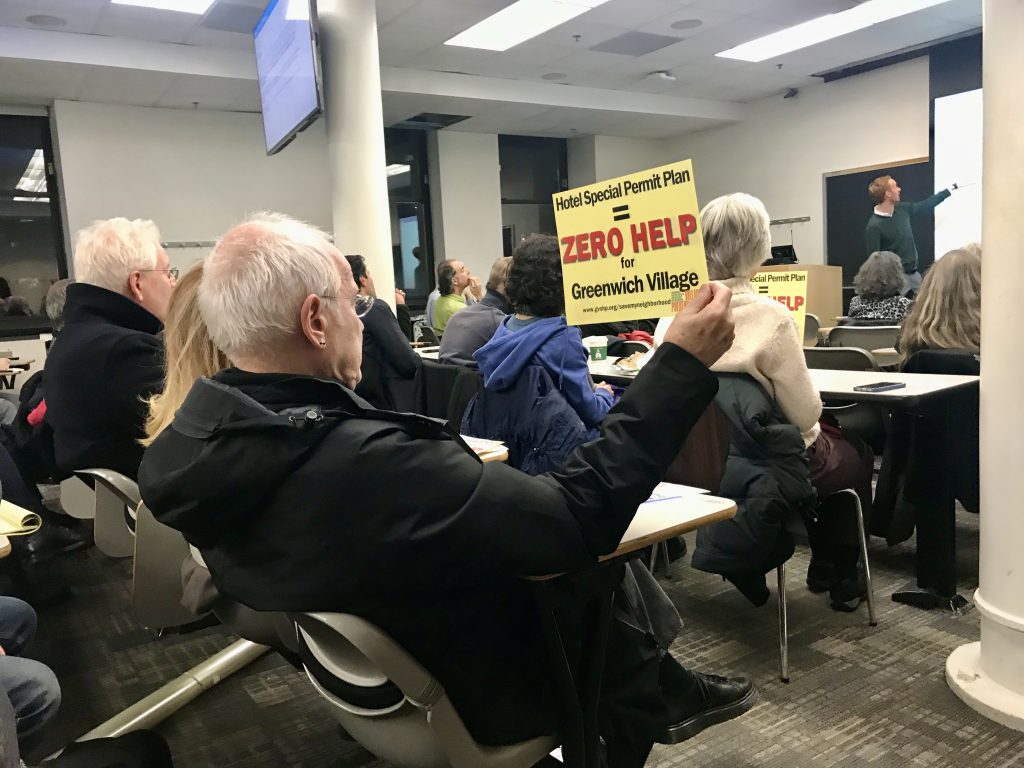
The plan was discussed at a City Planning Commission hearing on Jan. 22, in which all of the public comments were against the plan, including from community advocates, a member of CB2 and many local residents.
“This neighborhood is my home,” said Donna Robin Lippman, a resident of East 14th Street for 46 years, to the City Planning Commission. “I have been feeling very sad for the last many years as I watch my neighborhood be mowed over. I watch small businesses close, small businesses that provide services, and huge impersonal buildings come into the neighborhood. And I ask you please, please protect us.”
Lippman asked the City Planning Commission to work to keep New York’s identity. “I feel like I’m a tourist somewhere, instead of being home anymore,” she said.
Andrew Berman, executive director of Village Preservation, said the plan in itself would not be harmful, but wouldn’t provide the needed protections in the area from development.
“The issue is that it does absolutely no good whatsoever and it becomes a way for the city and the Council to say, ‘Hey, we did something,’” Berman said.
Berman echoed Brewer’s point that the city’s own analysis said the plan would lead to high-rise office buildings. “From our perspective that is no help whatsoever,” Berman said.
The City Planning Commission hasn’t yet set a date for voting on the plan. Berman said he expects the Commission to approve the plan, as most of its members are appointed by the mayor, who supports the proposal. Berman said this was frustrating, despite being encouraged by all the local pushback the plan has received.
Berman cited reporting that Mayor de Blasio’s support of the plan’s push citywide coincided with the Hotel Trades Council endorsing and contributing to his presidential run. Big hotel developers support the plan, Berman said, because it will likely curb competition from smaller hotel developers trying to open in the area.
“It’s disheartening to see how much is guided by good public policy and how much is guided by quid pro quo with the mayor,” Berman said.
“There’s this ongoing battle to try to preserve this area of Greenwich Village below Union Square. It’s not just about slamming this proposal but saying we need real protections,” Berman added. “We don’t really have a moment to waste and it’s unfortunate we have to spend time on this proposal which accomplishes nothing.”
After the City Planning Commission, the plan would then go to the City Council, where Berman noted its fate would be decided by local Council Member Carlina Rivera, who has not stated an official position on the plan.
When Rivera’s office was asked for comment, spokesperson Jeremy Unger said, “Our office continues to review submitted comments and input from community members and involved parties and look forward to continuing the ULURP process around this application.”



